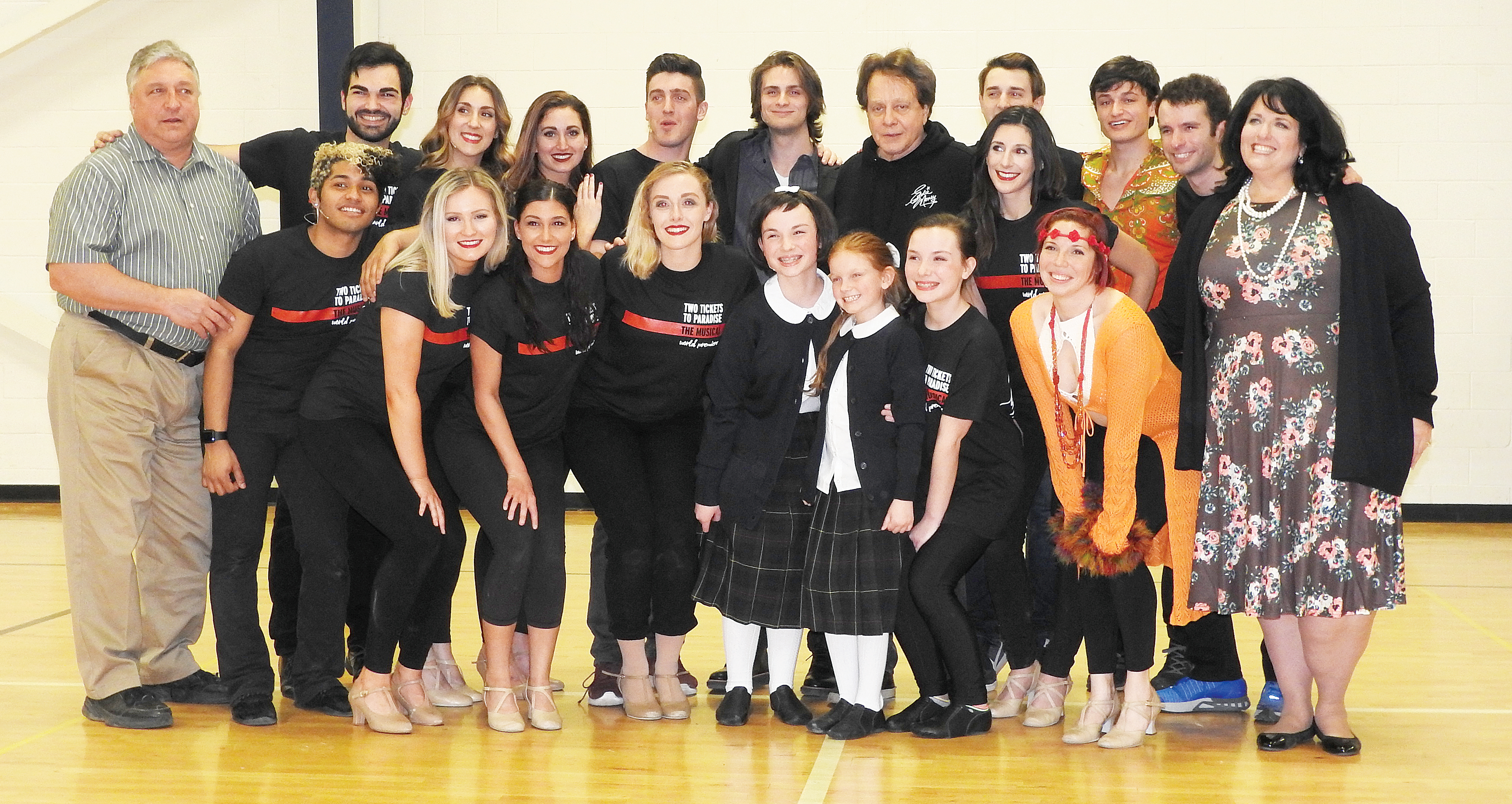Mushroom momentum builds in Monroe County 4-H

Mushrooms have been valued for centuries by cultures around the world. For nutritional, medicinal, and bioremediation purposes, mushrooms are cultivated by humans for commercial and personal use. Growing mushrooms may even be accomplished at home, as the process requires few resources, needing no special equipment, significant materials, or space to get started.
The Cornell Small Farms Program partnered with Farm School NYC, GrowNYC, and Just Food to offer a Community Mushroom Educator (CME) Training aimed at building a cohort of mushroom educators from urban and rural centers throughout the Northeast. Participants in the training learned how to grow and sell specialty mushrooms, and to teach these skills in the communities they serve. The Cornell Small Farms Program is a program of Cornell University’s College of Agriculture and Life Sciences (CALS) intended to increase research and extension for small farms.
Lori Koenick, M.Sc., 4-H Youth Development Educator with Cornell Cooperative Extension of Monroe County (CCE-Monroe), is an enthusiastic participant in the CME training. Through her undergraduate studies in Microbiology at West Virginia University and graduate studies in Plant Pathology at Cornell University, Koenick has developed a passion for facilitating nature-based programs, and continues to add to her knowledge with programs like the CME training.
When asked for her goals in learning about teaching how to grow mushrooms, Koenick’s enthusiasm for the topic is apparent. “Mushrooms are beautiful and interesting organisms, so little is known about them, and they are rarely discussed in school,” Koenick shared. “I hope to make them accessible to both youth and adults. Once people learn about the roles mushrooms play in our everyday lives, and how easy they are to grow, I hope there will be a greater appreciation for them.”
Mushrooms are produced by a select group of fungi for reproduction. “I’ve always been fascinated by fungi and mushrooms,” Koenick said. “They’re an unseen player that play a huge role in our ecosystems. Fungi are responsible for most of the decomposition of organic matter on our planet. This decomposition allows nutrients to be recycled back into ecosystems. In addition, the majority of plants on earth form a partnership with a specific group of fungi to exchange nutrients needed to grow.”
In addition to broader ecosystem services, some types of mushrooms can be cultivated and have nutritional and medicinal benefits. Not to mention, some find them to be quite tasty. Specialty mushrooms can be a new addition to try, beyond the basic kinds of mushrooms one may find in the supermarket. According to the United States Department of Agriculture (USDA), specialty mushrooms include any species beyond the genus Agaricus. Button, crimini, and portabella mushrooms belong to the genus Agaricus.
“People tell me all the time they do not like eating mushrooms, and I ask them what types of mushrooms they have tried,” Koenick said when discussing commonly-found supermarket varieties. “We see that specialty mushrooms are becoming more available at markets. Some of my favorite specialty mushrooms include oyster, shiitake, and lion’s mane mushrooms. I find each type of mushroom to have a unique taste and texture, different from the typical Agaricus mushrooms. Beyond taste, these mushrooms can be a great source of protein and contain no cholesterol. They also are low in calories and contain many essential nutrients.”
Mushroom cultivation can be relatively straightforward once one knows the steps and materials required. Koenick shared her hope that through mushroom cultivation, people will find a greater appreciation for these fascinating organisms.
If you are interested in learning about mushroom cultivation, Koenick is facilitating a virtual workshop in collaboration with Hannah Hedrick, Education Program Manager at Grow Ohio Valley, on how to grow oyster mushrooms at home. Participants will learn about the basic life cycle of mushrooms, the basic parts of the fungi that produce edible mushrooms, and ways to grow mushrooms inside and outside the home.
This unique workshop will take place via Zoom on Tuesday, September 29, from 6 to 7:30 p.m. Registration is required at http://oystermushrooms.eventbrite.com/. There is no cost for the workshop; however, a small donation is encouraged. Instructions on donating are found on the Eventbrite link. The workshop is geared toward adults and youth ages 13 and up. All are welcome to attend.
Koenick says plans are in the works to provide more mushroom and fungi programs for school-aged youth. Through mushroom cultivation programs, Koenick said she “hopes to ignite curiosity in the natural world, and to empower people with confidence in their ability to grow some of their own food.”
Contact Cornell Cooperative Extension of Monroe County for additional opportunities to learn and practice mushroom cultivation. Learn more at http://monroe.cce.cornell.edu.
Provided information and photo



